Community Safety Evaluation Lab (CSE-Lab)
The Community Safety Evaluation Lab (CSE-Lab) focuses on evaluating programs designed to prevent violence and improve community safety.
677 Huntington Ave, Boston, MA 02115
Team
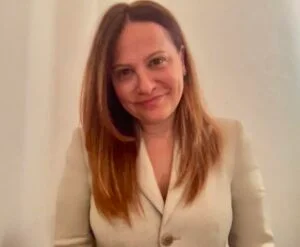
Dr. Savoia is a Principal Scientist in Biostatistics and a medical doctor by training. Over the past 20 years, Dr. Savoia has led research and training activities at the Harvard T.H. Chan School of Public Health focused on public health emergency preparedness. She is the co-director of the Emergency Preparedness Research, Evaluation & Practice (EPREP) Program, for which she has been the P.I. of over 20 research and training projects. She is also the founder of the Community Safety Evaluation Lab, where she directs evaluation and research projects focused on youth violence, violent extremism, and human trafficking. She has devoted her professional life to the use of evaluation methods to measure systems’ capabilities in responding to large-scale emergencies and to evaluate the impact of programs designed to enhance community safety. Her work has focused on advancing evaluation science to assess the elements of a public health system that lead to a successful response, as well as population-based factors, workforce training, and characteristics that may improve the resiliency of public health systems and communities.
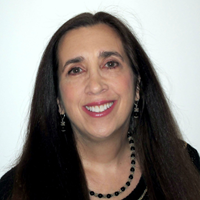
Dr. Testa is a Senior Lecturer in Biostatistics. As an experienced public health practitioner, health outcomes researcher, evaluator, biostatistician, and the current Co-Director of the Harvard T.H. Chan EPREP program, for the past 30 years Dr. Testa has worked closely with federal, state, county, regional and local public health, community and government authorities. She previously served as the Head of the Evaluation Core for the CDC-sponsored, Harvard Academic Center for Public Health Preparedness, and as a Co-Investigator within the Harvard Preparedness and Emergency Response Research Center (PERRC) leading several national committees in bioterrorism, disaster planning and operations. She also was the Principal Investigator and Director of the Harvard Chan Preparedness and Emergency Response Learning Center (PERLC) between 2010 and 2016 working on the development of competency-based instructional development and evaluation and leading several national committees focused on public health and emergency preparedness curriculum development, trainings and tools. She has been the Director of the Harvard MPH Program in Quantitative Methods for nearly 30 years, mentoring over 1,200 student research projects. She is currently President of the Massachusetts Association of Health Boards working with 351 BOHs and 329 health departments.
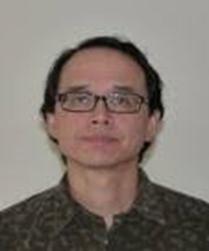
Dr. Su is a Research Scientist with backgrounds in mathematics, biostatistics, patient-centered outcomes research, and information technology. He received his ScB in mathematics from Brown University and his ScD in Biostatistics from Harvard University. Dr. Su is serving as the senior statistician and information technologist for the EPREP program. He has over 20 years of experience as a biostatistician specializing in outcome research and clinical trials. For the EPREP program, he leads the development of study designs and conducts statistical analysis of all evaluation-centered activities.

Dr. Piltch-Loeb is a Senior Preparedness Fellow in the Division of Policy Translation & Leadership Development and works as a senior advisor to the EPREP program. She received her master’s degree from the Bloomberg School of Public Health at Johns Hopkins University and her undergraduate degree from Georgetown University. She also holds a doctorate degree in Public Health, and she is an Assistant Professor at NYU’s College of Global Public Health’s Program on Population Impact, Recovery and Resilience. Dr. Piltch-Loeb’s current research interests are in interdisciplinary public health systems improvement.
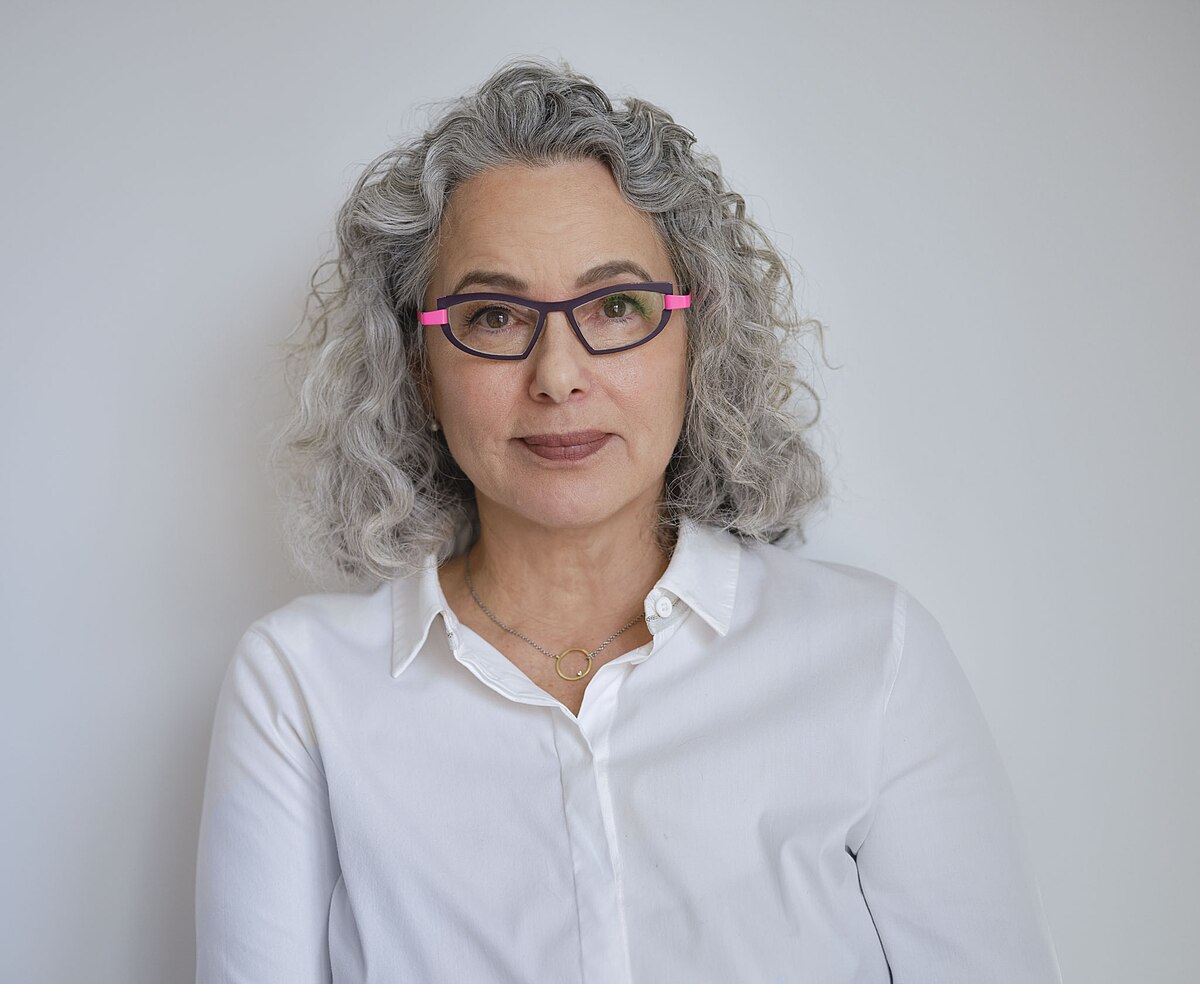
Jessica Stern is a Senior Preparedness Fellow in the Community Safety Evaluation Lab at Boston University and a research professor at the Pardee School of Global Studies. She is has been a member of the National Academy of Sciences Committee on preventing nuclear terrorism. Dr. Stern is a recipient of the 2024 Harry Frank Guggenheim Distinguished Scholar award. She has taught counterterrorism courses for over 20 years – at Boston University, Harvard, and the CIA University. Her research has been funded by DHS, DOJ, NSF, NATO, MacArthur Foundation, among others. She is the author of five books on targeted violence. Stern served on President Clinton’s National Security Council Staff and as a postdoctoral fellow in intelligence at Livermore National Lab. She was included among seven “thinkers” in Time Magazine’s 2001 series profiling 100 innovators. She was selected as a Guggenheim Fellow in 2009, a World Economic Forum Fellow from 2002-2004, an International Affairs Fellow in 1994, and elected to Sigma Xi, an engineering honors society, in 1986. She has a bachelor’s degree in chemistry from Barnard College, a master’s degree in technology policy (chemical engineering) from MIT, and a doctorate in public policy from Harvard University. She is a 2016 graduate of the Massachusetts Institute of Psychoanalysis. Please see her personal website here.
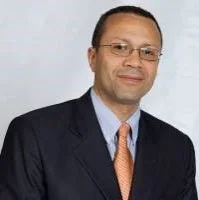
Mr. Montrond is a Senior Preparedness Fellow and Diplomat in the DPTLD at the Harvard Chan School. He obtained a master’s degree in international relations (GMAP) from the Fletcher School at TUFTS University. From 2016 to 2021, he was a Deputy Member of Parliament for the Republic of Cape Verde representing the diaspora community in the Americas. Mr. Montrond works as a liaison between the research team, government officials and community-based organizations.
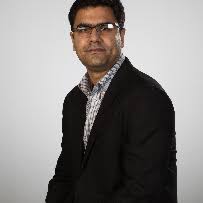
Dr. Jha is a medical doctor and global health professional specializing in health systems strengthening and health financing. He brings over 15 years of experience working across government, academia, and the private sector in India and the United States. Most recently, he served as a Senior Technical Advisor at The Palladium Group, leading the implementation of multi-million-dollar USAID-funded global health programs across Africa and Asia. In this role, he collaborated with governments, donors, and multilateral organizations to advance primary healthcare, health financing, and service delivery reforms. His work has consistently been focused on the intersection of health systems design, service delivery, and health equity.